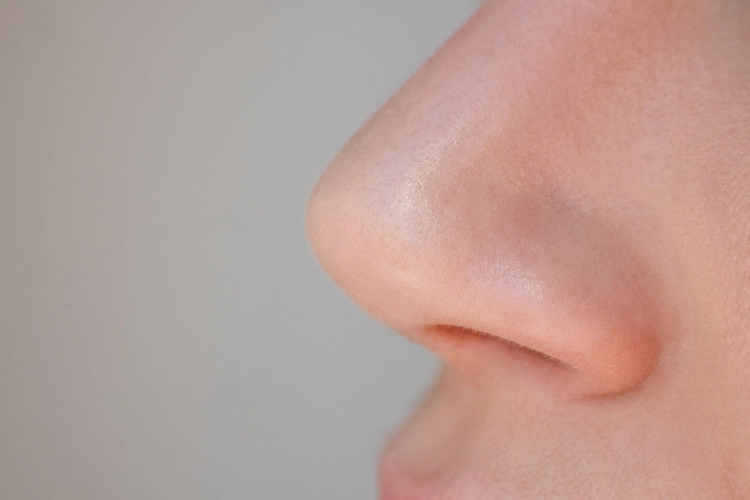A drug and alcohol addiction is a serious, re-occurring brain disorder. It can cause internal and external damages, irreversible changes, and unrecognisable behaviours.
Through substance abuse, both the body and brain adjust, accommodate, and function through drug and alcohol exposure. Overtime, a deep reliance on both can develop, requiring ongoing exposure.
To cut off exposure, readjust the body and brain, and recover from the damages of addiction, treatment will be necessary. A range of treatments and therapies are available to treat symptoms, causes, consequences and damages of addiction. Options are also in place to reduce future exposure rates, to manage behaviours and to develop through sobriety.
Finding quality treatment will be possible via a CQC drug and alcohol rehab in Aldgate. Through our affiliation here at Addiction Advocates, we can find, arrange, and refer you to complete your own bespoke treatment programme.
Providing the level, type, and frequency of addiction treatment that you’ll require to recover, reach out.
Get In Touch
Are you suffering from Addiction and need help? Addiction Advocates are leading UK based experts in Private Drug and Alcohol Rehabilitation Treatment. Find out how we can help by getting in touch with our friendly team today.
Treatment through drug and alcohol addiction
Before any form of addiction develops, consumption can be stopped through withdrawal. Cutting off all exposure to drugs and alcohol can stop the cycle. If addiction does develop, the process is much more complicated, as both physical and psychological habits and changes will need to be reversed.
Treating addiction is essential to stop ongoing and future consumption. A withdrawal process will be required to remove drugs and alcohol from the body. A rehabilitation process will be essential to unravel psychological symptoms and adjustments. Elevated health and wellbeing will also be a necessary goal, through addiction treatment, to restore balance and to reduce future vulnerabilities of consumption.
Once an addiction has been treated and suppressed, management and coping must be aimed for. As relapse risks are common through early addiction recovery, education, awareness, and planning are all offered through addiction treatment. Found to reduce relapse risks, offer assistance with lifestyle management, and provide life lessons on how to remain sober, treatment and aftercare have a significant role to play.
Without a bespoke, evidence-based treatment programme, long-term recovery will be near enough impossible to achieve. Medical and psychological intervention are essential, available through drug and alcohol rehab.
How to find treatment in Aldgate?
As treatment is non-negotiable to recover, it’s important to find the right type of programme for your needs. You’ll have three main options to select between, impacting the length and contents of your treatment programme.
NHS treatment services are your first option. You can access them for free in Aldgate, following the same process that you would for any type of health problem. This will usually result in a wait, due to demand, making it difficult to take immediate action on your addiction recovery journey. Once treatment does begin, it’s usually quite generic, suitable for people with mild addictive behaviours and habits.
Outpatient rehab via private care is your second option. Possible to access at an immediate rate, arrangements can be made for you to visit your chosen rehab clinic for regular treatment sessions. Treatments will be recommended following a personalised approach, meaning that the most effective and safe forms will be completed. Offering an affordable form of private rehab, outpatient treatment can fit into your routine, possible to complete over a number of months. Guidance will be provided outside of your sessions to remain on track.
Inpatient rehab via a drug and alcohol rehab in Aldgate will be your third and last option. Again, possible to access with urgency, a 28-day programme can be formed for you, to complete through a residential stay. Offering an intense pace, 24/7 care and everything you’ll need to get better, inpatient rehab is the most favoured and effective option. Possible to complete proven, evidence-based treatment services, all necessary milestones can be achieved through inpatient rehab.
Each treatment option will be available in Aldgate. We at Addiction Advocates can assist you with the private forms, helping you find a suitable clinic, secure a bespoke programme, and access rehab with compassion, support, and confidentiality.
Expected treatments and therapies
Although our treatment programmes are bespoke, there are some expected treatments and therapies which help to motivate addiction recovery. Alongside core treatments, additional services will also be provided to increase comfort and progress.
Through inpatient or outpatient rehab, the below services will be offered.
- Drug and alcohol detoxification, with full medical assistance
- Cognitive behavioural therapy and dialectical behavioural therapy
- Therapy sessions supported by specialist psychiatrists
- Group therapy and support groups
- Family therapy and addiction support
- Stress management
- Mental health treatments and support
- Holistic therapies, such as mindfulness and music therapy
- Relapse prevention planning, ready for discharge
- Aftercare services for 12 months
Proven to promote progress, safe withdrawal, strong rehabilitation, and the chance to develop sober intentions, addiction treatments are instrumental to recovery.
Relapse prevention and lifestyle management
Planning for life after rehab is very important. There’s a high chance that your lifestyle will need to change, to accommodate sobriety. You’ll also need to be aware of your personal triggers and how to reduce drug and alcohol exposure.
Relapse prevention planning and lifestyle management will be promoted towards the end of your programme. Relapse prevention will help you plan for relapse risks, along with some preventive steps to reduce risks. Lifestyle management will help you lead a balanced and healthy routine, to improve mental health and stability.
Alongside planning and management, aftercare services will be provided to help with the post-rehab transition. Aftercare offers structure, motivation, and guidance to remain on track and to avoid high-risk situations. All can be experienced via a drug and alcohol rehab in Aldgate, operating to CQC standards and approaches.
Reach out here at Addiction Advocates to find the right rehab clinic to recover from. An accommodating programme will be formed for you, to fully treat your drug and alcohol addiction.
Frequently Asked Questions
Problems are with illicit and prescription drugs, both highly addictive. Ease of accessibility, mental health crises and poverty are the key causes for the widespread problems.
Source https://digital.nhs.uk/data-and-information/publications/statistical/statistics-on-drug-misuse/2020
Changes are commonly linked to physical and psychological health, along with the display of behavioural and social differences. All changes will be considered against expected signs of addiction.
Some people may be able to manage, by controlling alcohol exposure. Yet, especially through early recovery, all levels of consumption will be discouraged.
With that said, recovery is different for each person. If you’re in recovery, you should reach out for full recommendations.
Latest News

Everything You Need to Know About the Brain-PACER Study
Addiction is a very complex condition that is difficult to treat. It has psychological and habitual elements, but also involves

How to Overcome FOMO in Recovery
Deciding to start your journey of recovery is something you should be incredibly proud of. It’s a life-changing decision, and

What Does Cocaine Do to Your Nose?
Cocaine is a powerful stimulant drug that is recreationally used for its euphoric effects. However, while it might offer immediate

Are Nightcaps Healthy?
You’ve probably heard of the term ‘nightcap’. In drinking terms, it’s up there with ‘one for the road’ and ‘hair